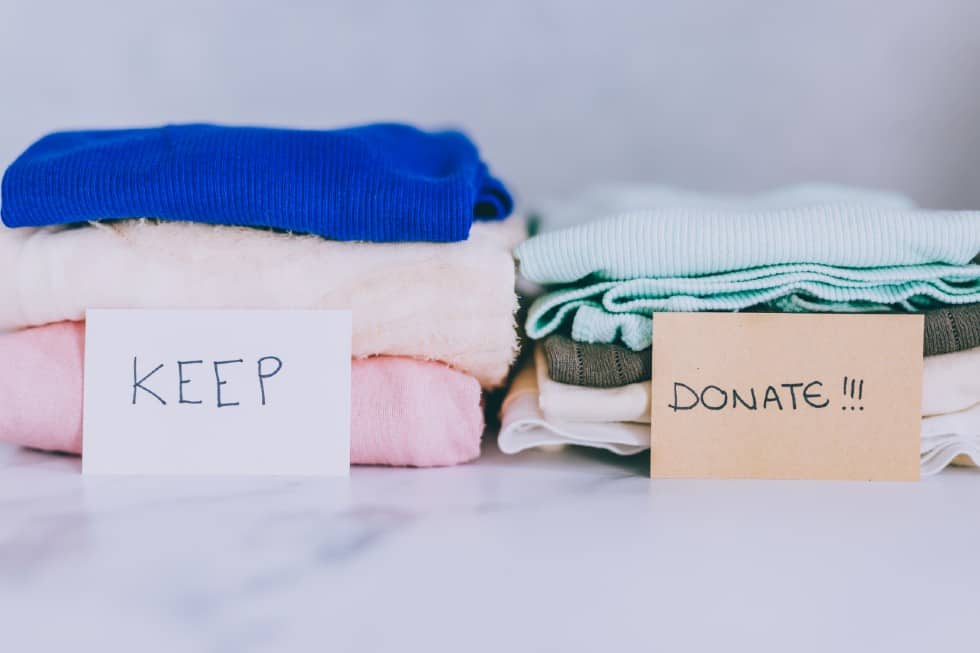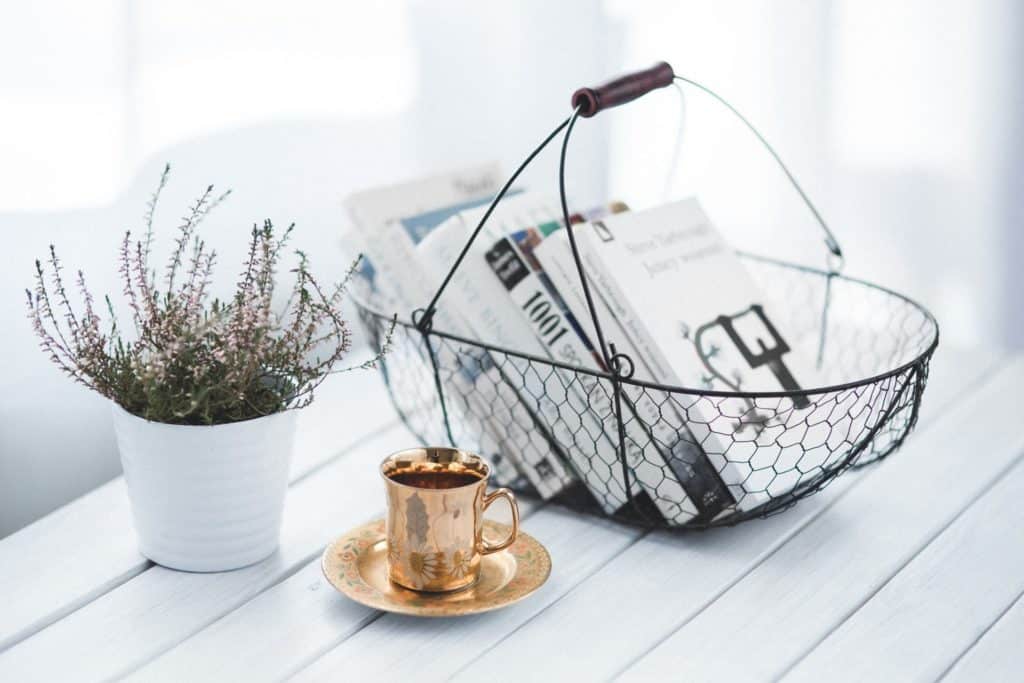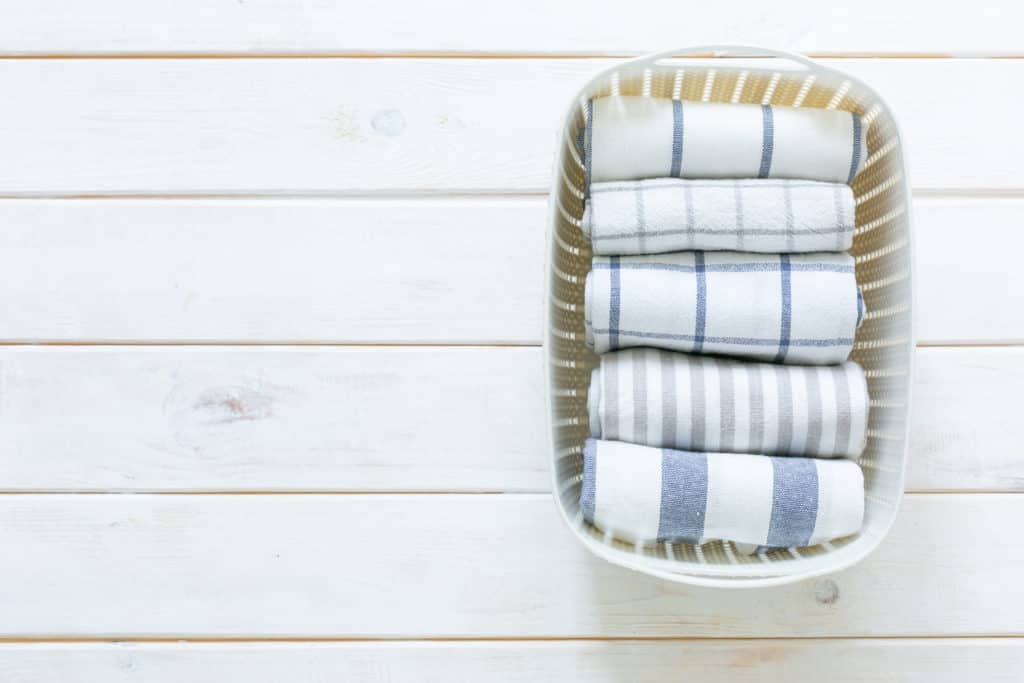
Did you know that the state of your household can contribute to poor mental health?
Having an organized home makes life so much easier. You’re calmer, thoughts are clearer and you’re generally happier. There are plenty of studies that show clutter can contribute to stress, procrastination and unhealthy eating habits.
Having a disorganized home can affect more than your mood. It can cause anxiety and depression or make it worse if you already struggle with a mental illness. Instead of living in the present and enjoying your life, you’re preoccupied with the disorder in your home.
Instead of having quality time for yourself and your family, you’ll be stressing about your space. You’ve probably heard the phrase “A clear space is a clear mind”. It’s a truth and if you’re living in a home that’s perpetually disorganized, you’re at risk of it negatively affecting your health.
A bit of disorganization is healthy and normal. It becomes a cause for concern when clutter interferes with productivity, your ability to manage your life and the chance to relax and de-stress.
Signs that disorganization is affecting your mental health
- It’s difficult to focus even on simple tasks
- You’re moody and irritable when you’re home (more than usual)
- The state of your house depresses you
- You procrastinate and feel guilty about it (negative cycle)
- Easily get discouraged
If you can relate to any of these, it’s time to act. Decluttering and organizing doesn’t have to be daunting. Work in stages by decluttering one room or space at a time. It will give you a boost of confidence and motivation to keep going and finish the job.
Here are three essential and practical steps to clear the clutter for better mental health.

1. Assess Your Space
Take a few minutes to assess each space in your home for clutter and disorganization. It doesn’t need to take a long time. Aim for 5-10 minutes per room or space. If your clutter is out of control and too overwhelming, start with one room or space per day. By the end of the week, you should be able to complete an assessment for all rooms.
In this stage you will decide which items you keep, donate, sell, recycle or toss. This will be your sorting system. Don’t be intimidated by systems, they benefit you. Write down on a piece of paper, notebook or notepad each category and the list of household items for each.
As you’re going through items as yourself these questions.
- Am I using this?
- How long has it been since I last used it?
- Is it valuable to you?
- If not valuable, is it worth keeping and taking up space in my home?
You’ll have some items in your home that you’ll struggle to decide on its fate. You’ll be tempted to hang on to something despite it not being useful to you. We can justify keeping excess stuff for a variety of reasons and it can make it hard to declutter.
Avoid the “Just in case” mindset. I’ve done this before and maybe you have too. You might remember that your “just in case” item never came to be useful and stayed in your home as clutter.
Another good rule of thumb is if you have something you haven’t used in a year or longer, there’s a good chance you won’t use it again.
Strive not to get more done, but to have less to do.
Francine Jay - The Joy of Less

2. Start with The Easiest Space
Now that you know what you can keep, donate, sell, recycle or toss, it’s time to tackle the first space. Start with the easiest space (smallest and with the least amount of clutter). You’re tired, busy and already have a lot on your plate. Prevent burnout before starting, start small.
Get four boxes for your Keep, Donate, Sell & Recycle items and one garbage bag for toss. Start sorting. Reference your checklist and go through each category at a time. Try to do it as quickly as possible so that you don’t start doubting yourself. Follow the list and nothing else.
When you’ve finish decluttering your first space, you will begin gaining the momentum to keep going. If you are still struggling with the first stages of declutter, get help from family members because if you’re a mom, you’re not the only person living in your house. When you need help, don’t be ashamed to ask.
Give yourself grace and time to declutter your space. It’s a time and energy-consuming process but is worth the effort for you and your family’s better health.

3. Prevention: Maintain Your Home to Maintain Your Health
Stay on top of the clutter and schedule in a mini decluttering session at least once a month. You’ve already taken the time to do a complete declutter of your home. One session a month should be reasonable as your home is already decluttered. Especially if you’ve been following the One-In, One-Out rule.
Set a reminder by adding it to your paper and/or digital calendar. It is an effective way to keep you accountable, help you build a routine and to remember to get it done.
Share the responsibility. You are not the only member of the household so it’s only fair that decluttering be shared amongst your family. Hiring help is another option too.
Be mindful when shopping. If tempted to buy something, always ask yourself what purpose it will serve and if you will use it immediately. If you can’t answer those questions, it’s best to sleep on it. Much of the time our purchases are made on impulse. Giving yourself some time to let it go or think about can help prevent bringing unnecessary stuff in your home.
If you decide you really need that item, apply One-In, One-Out rule. For every item you buy and bring home, remove the same number of existing items from the home. I’ve been using this rule for a while and it’s been working to keep the clutter down.
More Decluttering Tips
- Use a timer to keep you focused. Sometimes we can get distracted or procrastination sets in. Timers can be a great way to stay focused and motivated to get something done. Try using a kitchen timer or a timer on your phone.
- Don’t buy new storage bins or storage solutions before decluttering. If you are one of the few moms that love to declutter and organize you probably drool over pretty storage bins and fancy storage solutions. Nothing wrong with that! Investing in a bunch of storage before decluttering can just end up adding more clutter.
- Try borrowing or renting. Sometimes you really need something temporarily or want but unsure if it will be useful, try borrowing or renting.
- Good enough is Good enough. Your space doesn’t have to look like it belongs in a magazine. Get your space to a level you’re comfortable with and that works for you. Your space is your sanctuary. It’s for you and your family, nobody else!
Decluttering can be intimidating, and you might be tempted to defer it. For the sake of you and your family’s health, start as soon as possible. Start small, do one room or space at a time, and get your family involved.
If you are still overwhelmed and/or suffering from depression or anxiety, talk to your doctor. Decluttering or not, your mental health matters. Take care of yourself first.

SAY NO TO CLUTTER!
Your home should function the way you want it to. Being overwhelmed with clutter and struggling to manage your day-to-day because of it is far from functional.
Sign up for my Free Declutter Checklist to help you get started so you can reclaim your space.
Thank you!
You have successfully joined our subscriber list.
